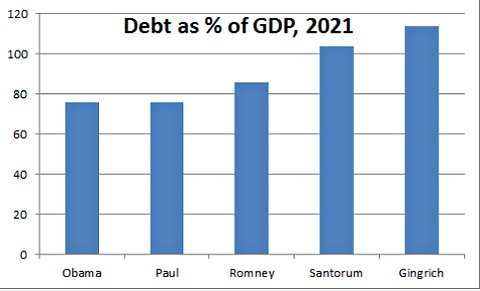hortysir
In Memorial of 47
Stop playing an idiot. When you are driving at 100 mph and start to brake, do you expect to stop instantly? Well you better not, 'cause you will be traveling another 1000 ft before the brakes can stop you.
Same with the economy -- the stimulus could not turn it around overnight. But it did it in just 3 months.
You said stopped the layoffs, idiot.
You didn't say slowed the layoffs.
Human language is inherently imprecise, you moron, so stop nit-picking.
What I meant that there has to be a few months lag between the moment the ink dried on Obama's signature and the moment the unemployment level started to level off. That is what supposed to happen and in no way this could be a signature of the stimulus failing.You know stopped has a different meaning than slowed, don't you?
Back to my original answer -- the employers saw the revenues picking up in the near future so they slowed down the layoffs even before a the bulk of the stimulus money were spent.So back to my original question, how much had been spent in those first 3 months?
Starting to see a pattern, aren't we?





